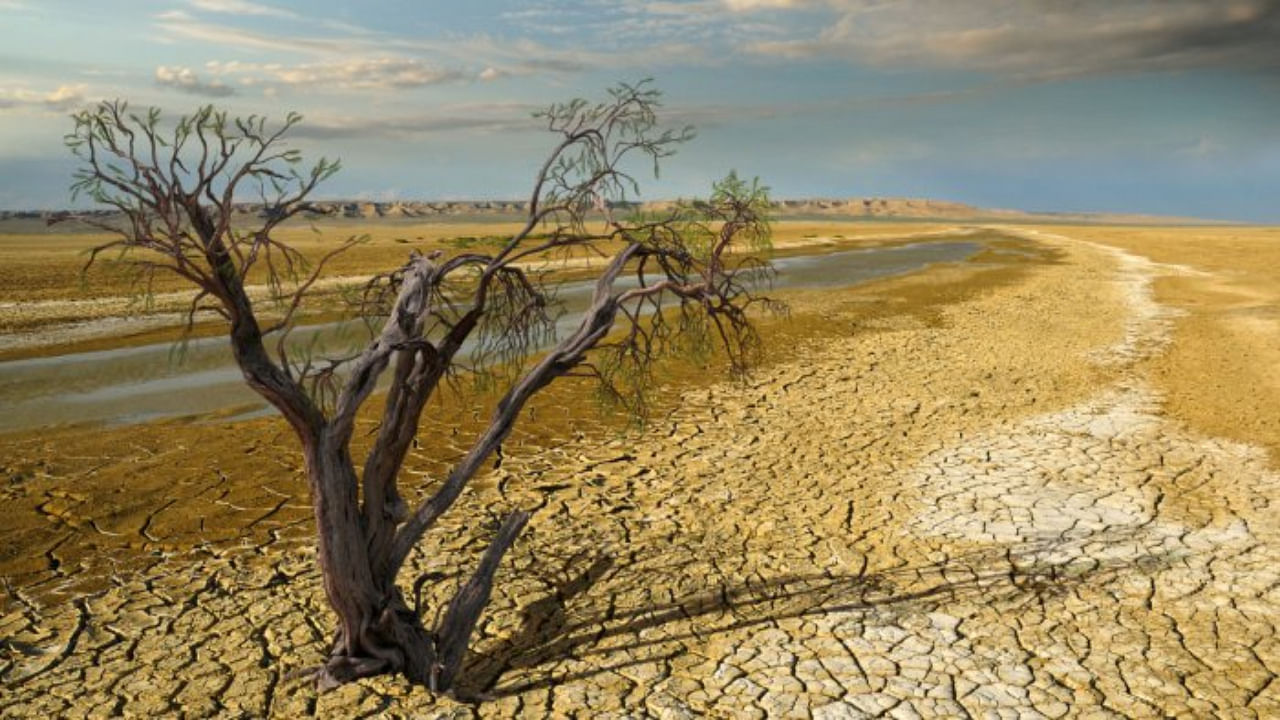
By Rajesh Kumar Singh and Bibhudatta Pradhan
High temperatures across parts of India have pushed electricity demand to near-record levels in recent weeks, triggering worries about yet another summer squeeze on power supply.
Peak demand for electricity touched 211 gigawatts in January, close to an all-time high last summer when heavy industry roared back from pandemic curbs and the population contended with sweltering conditions that saw a 122-year-old heat record breached.
Temperatures have been as much as 11 °C above normal in some regions in the past week and prompted the India Meteorological Department to advise farmers to check wheat and other crops for signs of heat stress.
The unusually early onset of hotter weather — and forecasts that power consumption will rise as irrigation pumps and air conditioners are cranked up — is fueling concern that the nation’s energy network will come under new strain, after two successive years of disruptions.
Power stations that use imported coal have already been ordered to operate at full capacity for three months during the summer season to help avoid blackouts, and to ease the pressure on domestic coal supplies. Electricity demand could set a new high of 229 gigawatts in April, according to India’s power ministry.
“The way temperature is rising — it’s quite unusual in February — the situation is becoming a matter of concern for us,” according to Bhanwar Singh Bhati, power minister in the northern state of Rajasthan, where power supplies are already being rationed to homes and farmers. “The electricity demand may rise 20 per cent to 30 per cent compared to last summer. There’s no other option than to cut power supply.”
Rajasthan is among the nation’s hottest provinces and a hub of solar energy, yet can struggle to ensure adequate power supplies during summer months if there are delays receiving coal from mines in other regions.
Coal accounts for more than 70 per cent of electricity generation in India, and stockpiles at power stations are currently well below a target of 45 million tons that the government asked to be met by the end of March.
To be sure, current elevated temperatures aren’t necessarily a signal of extreme weather in March to May, according to Mrutyunjay Mohapatra, director general of meteorology at the India Meteorological Department. “It is natural to be excited if you get temperatures like this in the month of February,” he said.
India’s ability to meet its summer power needs will also be largely determined by efforts to ensure sufficient coal is being mined and transported, said Pratap Keshari Deb, energy minister of Odisha, one of the nation’s top producers of the fuel.
If coal supplies are ensured, “everything falls in place,” he said.